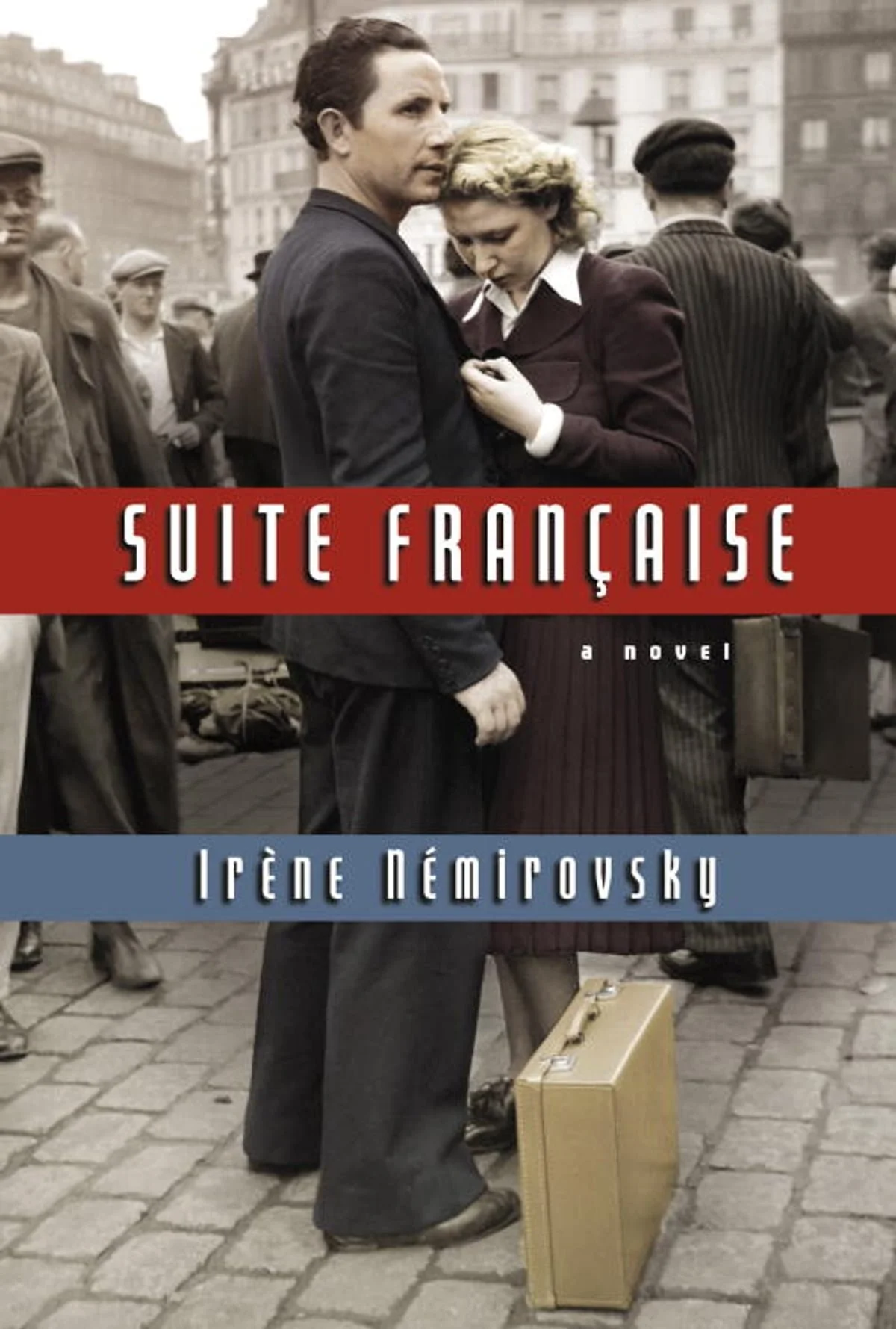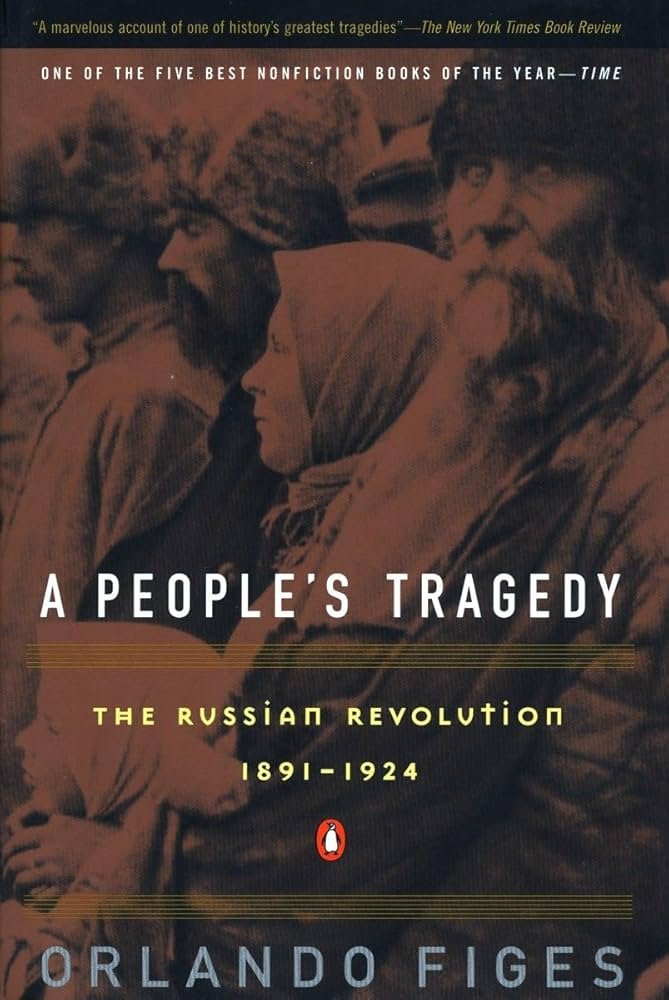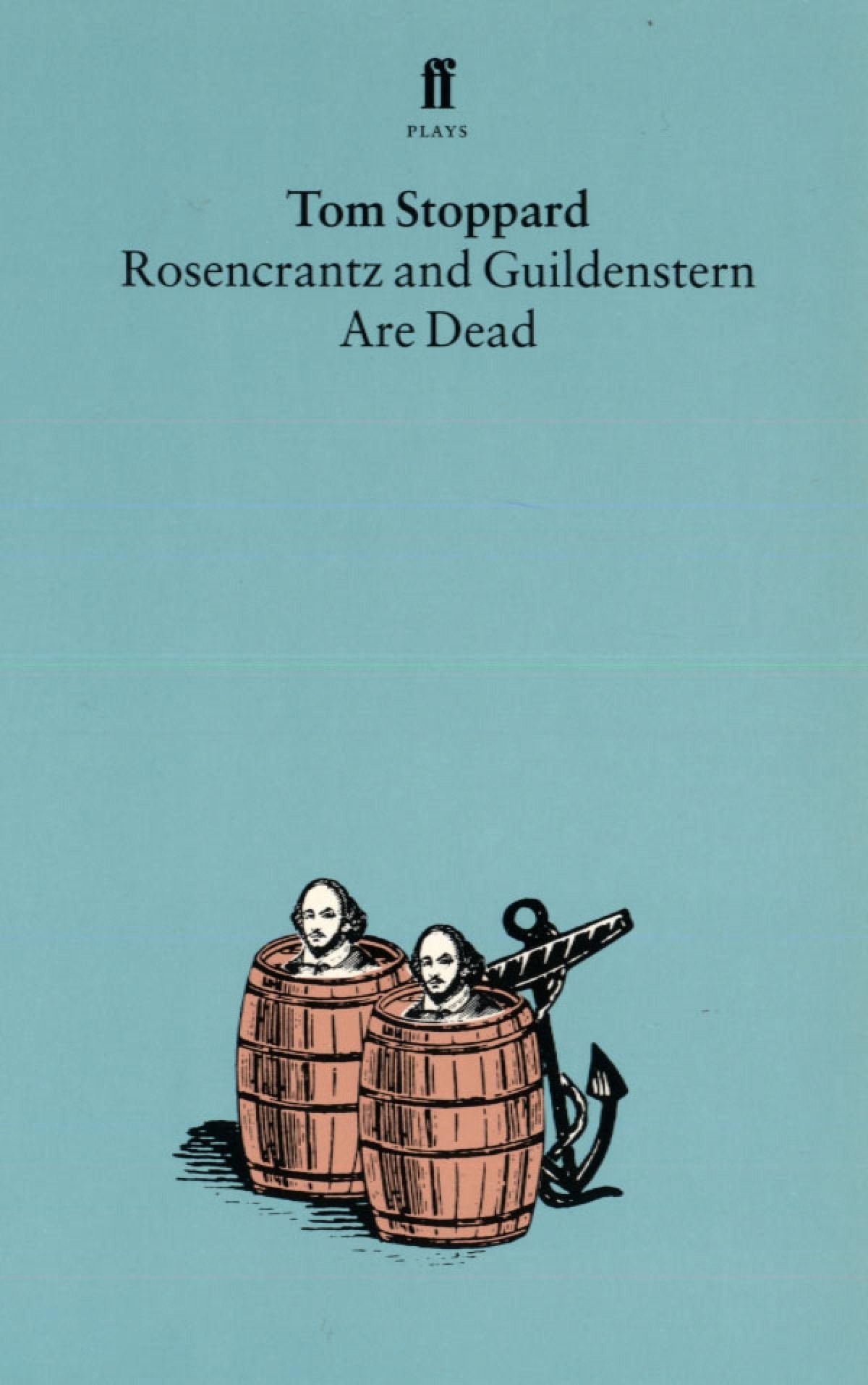Reading Corner
Poet of the Month: E. E. Cummings
Known for his unconventional use of punctuation and grammatical conventions, Cummings’ works may seem at first alienating and avant-garde. However, closer engagement with his poetry reveals an empathetic yet distinctly modernist interpretation of universal themes, and his clever improvisation on rhythm is often just as impactful as his content itself. Though his free-verse works are often scattered with unusual idiosyncrasies, his facility with the sonnet form lends a musicality to his syntax; indeed, some modern composers have set his poems to choral music.
Recommended readings: “anyone lived in a pretty how town”; “i carry your heart with me(i carry it in”; “pity this busy monster, manunkind”
Fiction: Suite Française by Irène Némirovsky
Despite being unfinished, this novel sequence is full of evocative, atmospheric subtleties that captures a troubled era with humanity and complexity. Set in German-occupied France, Suite Française has an extraordinary backstory: Némirovsky was a French novelist of Ukrainian-Jewish ancestry, and after the fall of France in 1940, she began writing a vignette collection in a microscopic hand in a single notebook. In 1942, Némirovsky was arrested as a Jew and eventually murdered in Auschwitz; her daughter, assuming that the manuscript was a diary, took it with her into hiding, and did not allow it to be de-ciphered until the 1990s. What publishers discovered was the draft of a lost masterpiece and even though today we can only imagine the latter half of the book, its brilliance as perhaps the earliest literary depiction of WWII is no less stunning and tragic.
Non-Fiction: A People’s Tragedy: The Russian Revolution 1891–1924 by Orlando Figes
This book chronicles the history of the Russian Empire from the 1891 Famine to the death of Lenin in 1924, arguing that these decades should be considered as one period of multiple revolutionary waves culminating in a Stalinist regime. Although academic in nature, A People’s Tragedy narrates a captivating and enormously relevant era with an animated and vivid voice, presenting a variety of perspectives and individual accounts that humanize political upheavals and social conflicts. The world of the Russian Revolutions grappled with issues we still encounter today: themes such as tradition and the value of human life remain timeless.
Drama: Rosencrantz and Guildenstern are Dead by Tom Stoppard
What happens if Shakespeare’s Hamlet was told from the perspective of Rosencrantz and Guildenstern? Playwright Tom Stoppard imagines exactly that in this absurdist play, first staged in 1966. At once tragic and comedic, Rosencrantz and Guildenstern are Dead examines fate’s nonsensical paths and the experience of confusion by allowing out- siders to observe and narrate complex actions within Hamlet. The bizarre mix of reality and illusion demands the audience to question the worlds they construct for themselves, achieving a theatre experience that combines light-hearted banter with chilling realizations.


